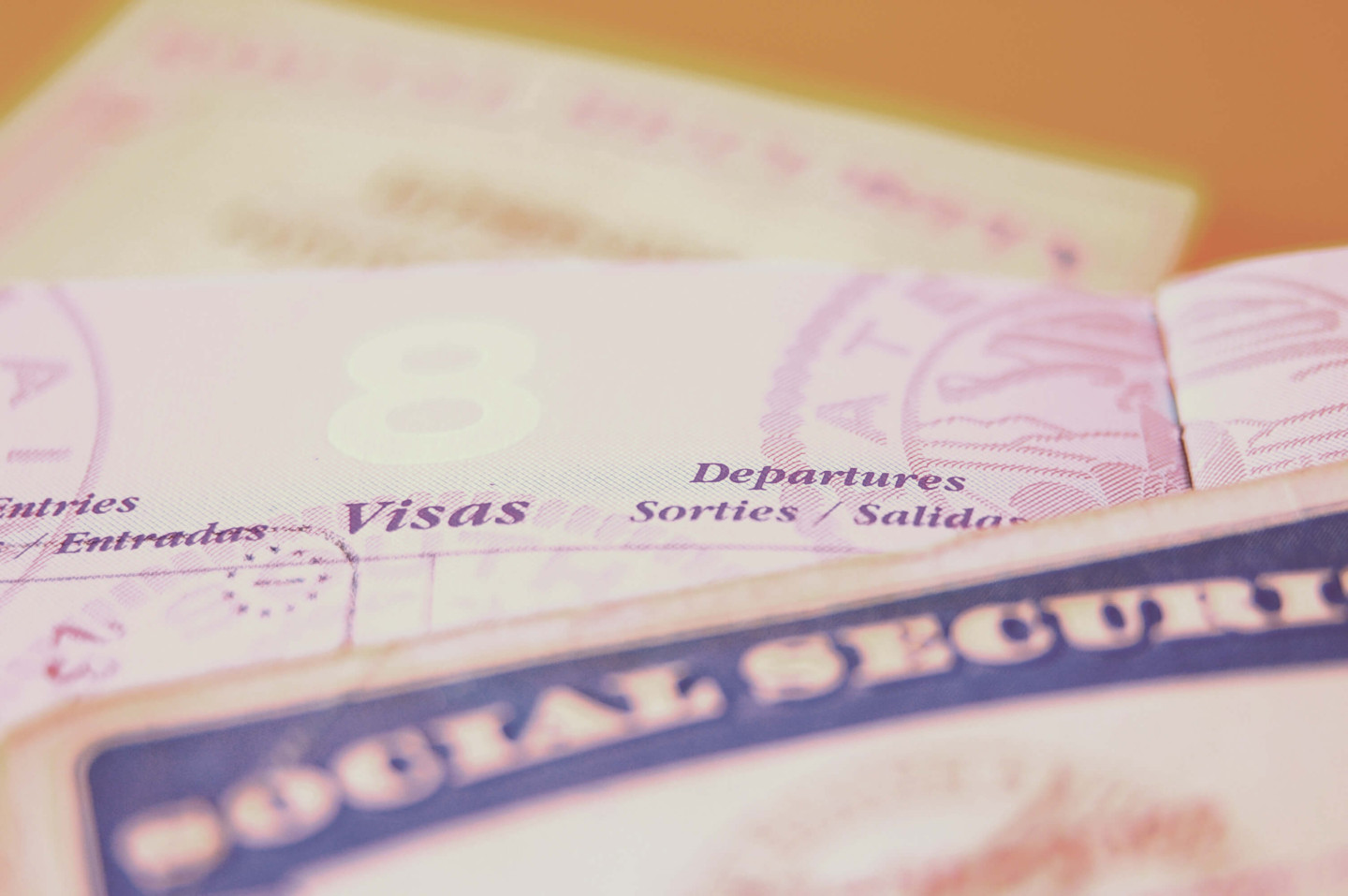By: Shane Ensminger, Director of the Central Bank Financial Intelligence & Security Unit
Identity theft is a crime that happens when someone uses a person’s identifying information without authority. It is important to be aware of warning signs for identify theft, such as unexpected transactions or communications that could indicate that your identity has been stolen. Learning about the warning signs can help you detect fraud early and potentially keep a bad situation from getting worse. It’s also important to know what tools and resources are available to you that can make make tracking your cards and accounts that much easier.
Warning signs of identity theft include:
Withdrawals from your bank account that you didn’t make
Missing bills and statements
Merchants refusing your checks
Credit card transactions that don’t go through
Letters about accounts you didn’t open
Emails about purchases you didn’t make
Statements for credit cards you don’t have
Debt collectors calling about debts that aren’t yours
Passwords or usernames that suddenly don’t work
Unfamiliar accounts on your credit reports
Medical bills for services you didn’t receive
Health records for conditions you don’t have
The Internal Revenue Service (IRS) notifies you that more than one tax return was filed in your name, or that you have income from somewhere you never worked
Notification about a data breach
What tools are available to help detect identity theft? Most financial institutions offer some variation of the following:
Virtual/Digital Wallets – These apps let you control when, where and how your cards are used. Additionally, they typically allow you to set up alerts based on spend limit and merchant type. These apps can also give you the ability to turn your card off and on in the event it is lost or temporarily misplaced.
Account Alerts – These can help you track certain events, such as when transactions post to your account or if you have a large transaction. If you receive an alert for a transaction you did not make, you are likely the victim of fraud or identity theft.
Online & Mobile Banking – These platforms and apps give you 24-hour access to real-time account information from the convenience of your personal computer or mobile device. Having access to your account information at your fingertips can provide visibility into your accounts on a more frequent basis.
eStatements – Not only does online access to your account statement eliminate the possibility of your information being intercepted by a fraudster in the mail, it also provides you with access to your statement from the convenience of your personal computer. Viewing your statement regularly can help you to identify fraudulent charges and activity.
Credit Score Monitoring – These educational services help you understand your current credit score and give access to your full credit report. They also typically alert you when a new credit inquiry is posted to your report. Tracking your credit information in this way is an easy way to find out if your information has been used by a fraudster to apply for new credit accounts.
Learn more about the tools offered by Central Bank, and let us know how we can help you get connected to services that can help you keep track of your accounts and finances.
Remember, it is important to watch for signs of identity theft and to contact your financial institution, credit card company or other pertinent organization when you notice suspicious activity.
If you believe your Central Bank account(s) or card(s) have been compromised, please call us immediately.
You May Also Be Interested In:
